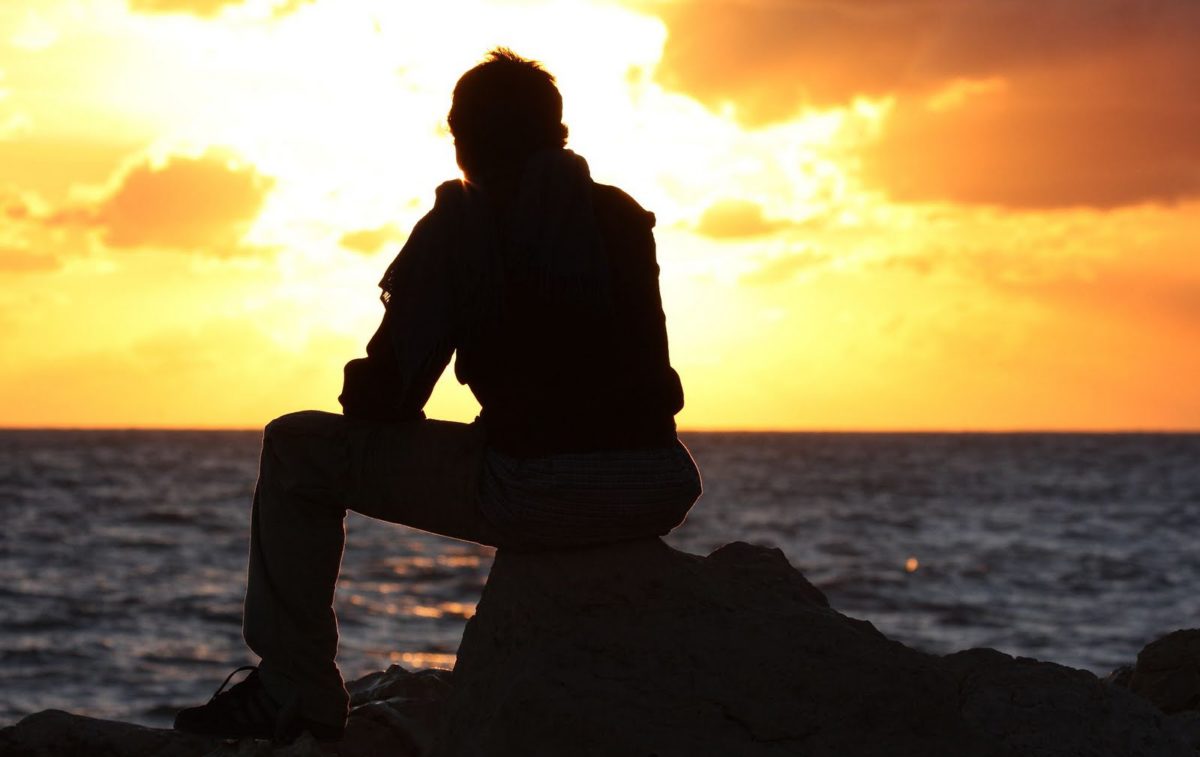There is an ancient tale of a King who called together his most scholarly advisers and charged them with collecting all the world’s knowledge so that his Kingdom would possess all there was to know. So off the scholars went into world to collect this knowledge. They were gone for many years. When they returned their volumes filled a long caravan of wagons. The King upon seeing how many books it took to hold the world’s knowledge realized it would take many life times to read them all. So he recalled his advisers and told them to condense the information into a shortened account. This, the scholars realized would be even more challenging than the first task, and once again it took many years to complete. They returned with 10 tomes to present to the King. By now the King had grown quite old and so he told them to shorten if further to just one Chapter. The scholars feared this was not possible, but being loyal subjects they went off to fulfill their King’s command. When they returned with one chapter, the King could no longer see well enough to read and so he instructed them to condense all the world’s knowledge and wisdom into one sentence which they could recite to him before he died. After many days and weeks of hand wringing, sweat and inspiration the scholars returned to the King, now on his death bed. “Well” the King said “what is the sentence you have for me that contains all the world’s wisdom”, they replied “There is No Free Lunch”.
This entertaining story captures a simple and powerful truth. We must earn what we get in this life.
Most everyone has known the feelings of satisfaction and pleasure that come from working hard at something to accomplish your goal. Conversely, and just as universally true, the less effort or sacrifice something costs us the less value we’re likely to attach to it. But in the modern world, with its endless collection of conveniences and services virtually at our finger tips, we’ve become comfortable talking ourselves out of expending effort to achieve something, and even better at avoiding discomfort. We can easily convince ourselves that its ok; to sleep late instead of getting up and exercising, to watch TV instead of reading a book, or to internet binge instead of interacting with our family.
As the late comic George Carlin once pointed out, we’d have an easier time going a week without food and water than a day without a rationalization.
It seems our nature has two opposing forces; the desire for comfort and avoidance of pain and the need to accomplish and contribute. Often the former wins out.
But reward without effort eventually loses its appeal and does not fulfill us. This can push us further away from our true path or worse lead us to pursue even easier comforts and reward (say thru alcohol or drugs).
This is not to suggest we must live a life of endless labor and toil, but rather that there must be a natural balance between effort and reward. We may intuitively know that we cannot reap if we do not sow, but knowing and doing seldom come together without effort.
But most importantly, we have been given the human capacity and gift to choose, and that is where personal responsibility and discipline come in.
In his seminal work Man’s Search for Meaning, Victor Frankl points out:
“Between stimulus and response there is a space. In that space is our power to choose our response. In our response lies our growth and our freedom.”
Exercising our power to choose and summoning the discipline to follow through provides a tremendous sense of freedom through an ownership of, and control over the circumstances our lives.
In his book Extreme Ownership and through his weekly podcasts, retired SEAL Commander Jocko Willink extolls his personal philosophy regarding the benefits of discipline and personal responsibility in an entertaining and characteristically blunt manner. His popular mantra, “Discipline equals Freedom” captures the essence of a message that has been given by enlightened minds for ages.
The late Dr. Stephen Covey, world renowned Author and Educator makes a similar observation in his bestselling book; The 8th Habit, stating: “only the disciplined are truly free, the undisciplined are slaves to moods, appetites and passions”.
So it is that discipline provides us with a sense of freedom and control over our lives. Conversely, disregarding our power to choose combined with an absence of personal discipline leads to a constant feeling of being buffeted by the winds of fate and chance, or worse consigns us to a sense of victim-ism.
Is making the choice to live our lives with discipline easy? No isn’t. Is it worth it? I believe it has never been more worthwhile or more needed.
I’ll close with no less a revered and historical figure than Mahatma Gandhi and his “Seven Principles of Things that will Destroy Us”.
- Wealth without Work
- Pleasure without Conscience
- Knowledge without Character
- Commerce without Morality
- Science without Humanity
- Worship without Sacrifice
- Politics without Principle
